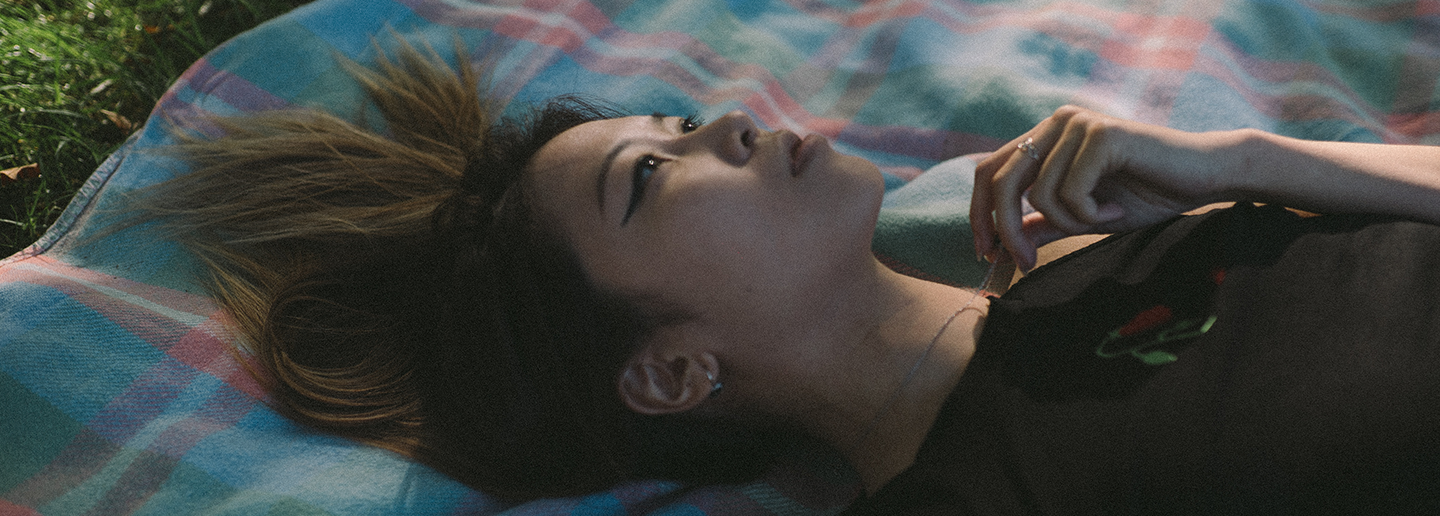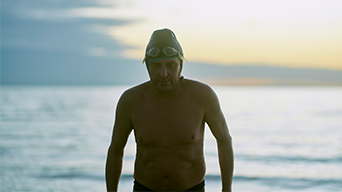Learn about mental health
Learning about mental health will help you look after your social and emotional wellbeing. It will also help you support people close to you.
It's important to get support early if you're feeling unsettled or struggling. We've got information and resources about the signs and symptoms to watch out for and where to find support.


Work and mental health
Good work can help your mental health. It can contribute to your sense of purpose, daily activity, income and social connection. But poor working conditions can harm your mental health and wellbeing. Learn information on:
what mentally healthy work is (and why it matters)
what can influence mental health at work
how to build a mentally healthy workplace
tools to improve mental health at work, and to stay well
supporting someone at work.
Parenting and mental health
Children and young people who are part of a supportive family are more likely to achieve their best possible mental health. For parents, having the information to understand and care for your child can help support their mental health, and yours. Find resources and services on:
child mental health
acknowledging adversity and getting support
depression and anxiety in children and young people
perinatal depression and anxiety
key issues to consider at each stage, from pregnancy to raising teenagers.
Check your mental health
Everyone’s mental health journey is different. We all experience ups and downs, so it’s important to do regular check ins.
We have some simple tools to help you to you assess your mental health. You can choose the one that’s right for you and get the resources and support you may need.






